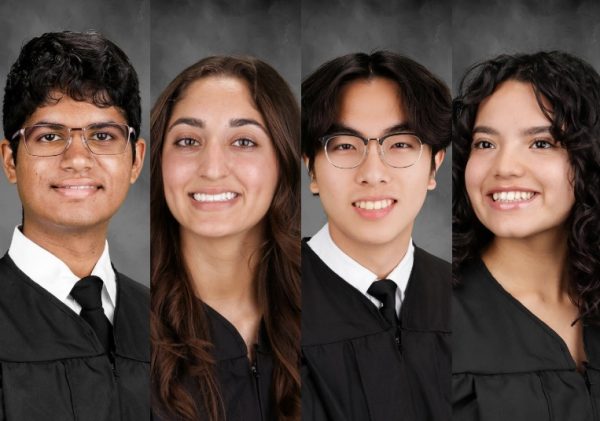ISSUE 3: Controversy sparked with Florida House Bill 747
HB 747 to allow healthcare professionals to decide whether or not to treat patients based on morals.
Photo Jadyn Grayes
An anonymous white doctor refuses service to a bleeding patient of color.
February 25, 2022
Since the end of November, the Florida Senate has been moving forward with a bill proposal that would allow healthcare professionals to use their conscience when deciding whether to give patients treatments or not. Inevitably, this sparked a debate amongst Floridians.
Since Jan. 26, HB 747, also known as “Protections of Medical Conscience” has been under consideration by the judiciary committee. It has been described by the Fla. Senate as a provision of protection for healthcare workers which gives them the right to not provide services that violate their consciences without facing legal action. State laws already allow doctors to refuse certain treatments, such as abortion; however, this bill would expand it to every health service, as well as health insurance companies.
The proposal of this bill has opened up many conversations questioning whether the bill is morally sound for both healthcare professionals and patients. Some citizens feel as if this bill is necessary to honor the fact that doctors are still humans with morals that should not be shed at the doors of their workplace.
Representative Sam Garrison of Fleming Island shared this ideology, expressing that “Physicians are not robots, they are not machines.”
The other side of this debate is the belief that it could further allow for marginalized groups to be discriminated against when it comes to possibly lifesaving health services. They express beliefs that faith is something that should be kept separate from professional environments because not everyone shares the same moral beliefs.
A large voice of the opposition to this bill is Jacksonville doctor Jennifer Cowart.
“Patients most at risk of harm include those with the most difficulties in access, which include our LGBTQ population as well as those who live in poverty and those who live in rural areas estimated at nearly two million Floridians who may not have the luxury of seeking out another provider when their provider says no,” Cowart said.
Despite the major division the Fla. House bill has caused between both citizens and representatives of Fla., it has continued to move forward through the house.






















